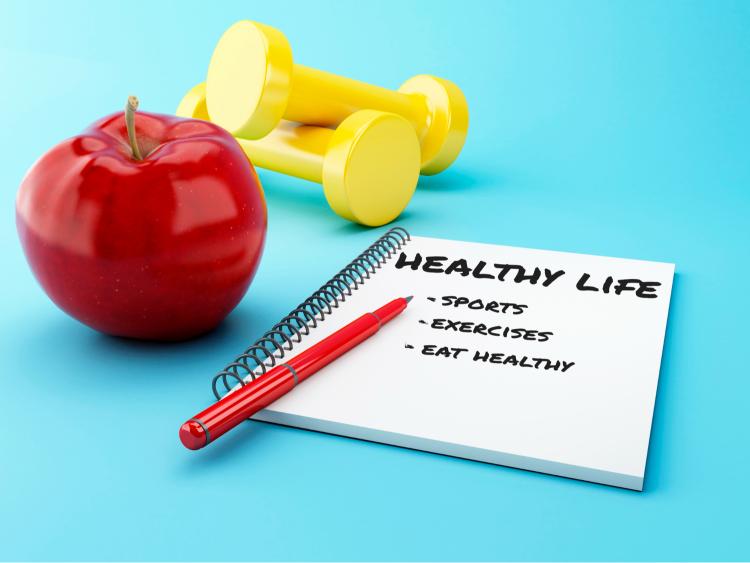
Understanding and Boosting Your Mood Naturally
1. Dopamine:
- Function: Dopamine is often called the “reward” or “pleasure” hormone. It plays a key role in motivation, reward-seeking behavior, and feelings of pleasure and satisfaction.
- Ways to Increase:
- Engage in activities you enjoy, such as hobbies, sports, or creative pursuits.
- Set and achieve small, realistic goals to experience a sense of accomplishment.
- Practice mindfulness and savor positive experiences to enhance dopamine release.

2. Serotonin:
- Function: Serotonin is known as the “feel-good” hormone. It regulates mood, sleep ,appetite, and social behavior. Imbalances in serotonin levels are linked to depression and anxiety.
- Ways to Increase:
- Get regular exercise, which boosts serotonin production and enhances mood.
- Spend time outdoors in natural sunlight to improve serotonin levels.
- Practice gratitude and acts of kindness to promote feelings of well-being.
3. Endorphins:
- Function: Endorphins are natural painkillers produced by the body. They also contribute to feelings of euphoria and happiness.
- Ways to Increase:
- Engage in aerobic exercise, such as running, dancing, or cycling, to trigger endorphin release
- Laugh more! Laughter stimulates endorphin production and reduces stress.
- Enjoy spicy foods, which can also stimulate endorphin release.
4. Oxytocin:
- Function:Oxytocin is often called the “love hormone” or “bonding hormone.” It promotes social bonding, trust, empathy, and attachment.
- Ways to Increase:
- Hug loved ones and engage in physical affection to release oxytocin.
- Spend quality time with friends, family, and pets to strengthen social connections.
- Practice deep breathing exercises, meditation, or yoga to boost oxytocin levels.
Understanding the role of happy hormones in regulating mood and well-being can empower you to make lifestyle choices that promote mental health and happiness. By incorporating activities that naturally boost dopamine, serotonin, endorphins, and oxytocin into your daily routine, you can enhance your overall quality of life and emotional resilience. Remember, small changes can make a big difference in how you feel! If you have any questions or would like further guidance, don’t hesitate to reach out to your therapist.



